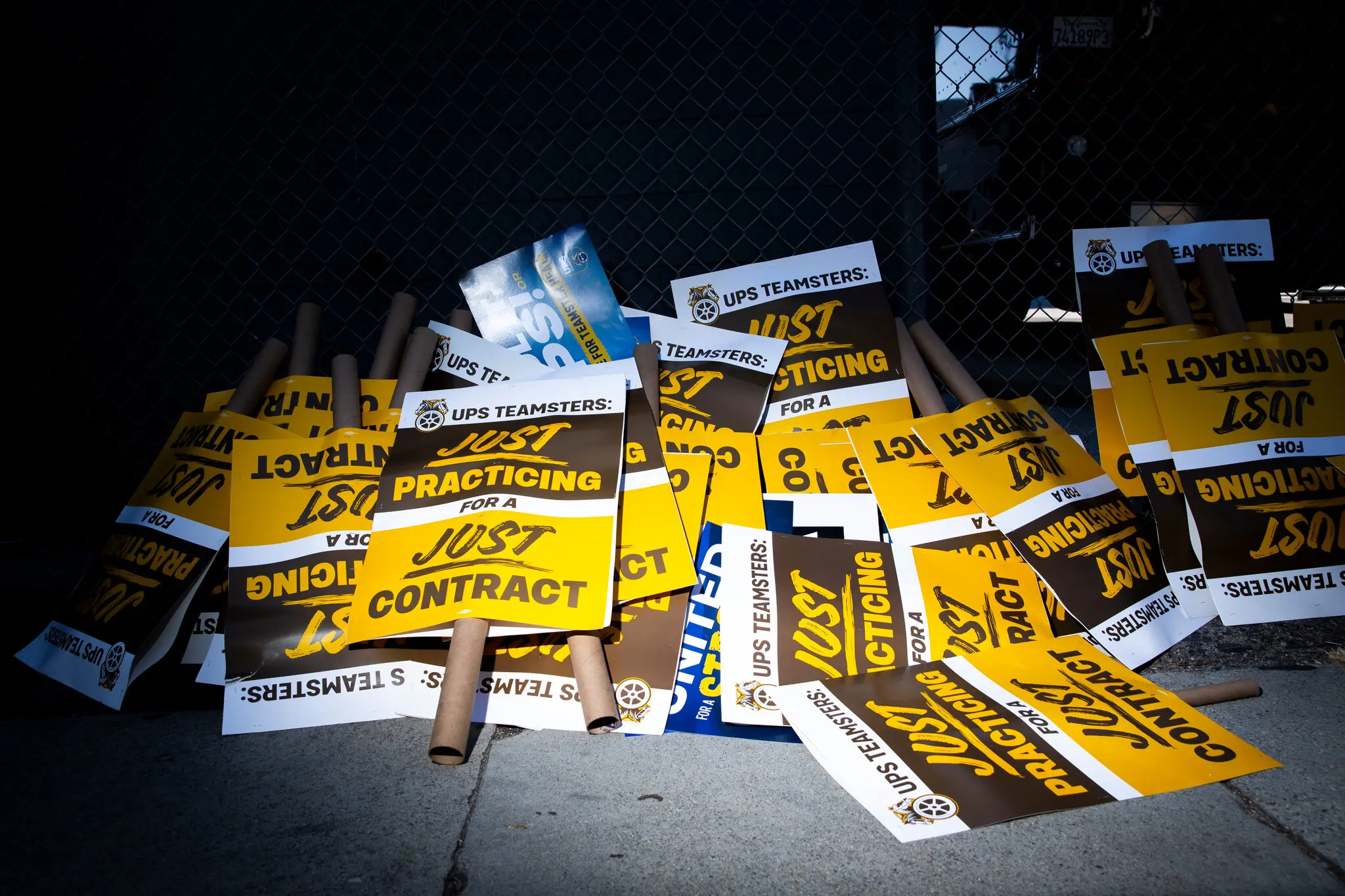Jacqueline Rayfield is a student at Harvard Law School.
In today’s News and Commentary, the Big Three Automakers continue to lay off striking workers, SEIU nursing home workers strike in Michigan, and commentators wonder: what is making this recent wave of strikes so successful?
Since the UAW began their strike at Big Three automakers four weeks ago, the three employers have laid off over 5,000 workers. Automakers claim that they are forced to lay off these workers because their jobs are tied to struck factories. However, talks continue between automakers and the UAW. UAW President Shawn Fain said Friday that negotiations are heading in the right direction.
Three Detroit nursing homes representing nearly 250 SEIU workers went on strike Tuesday for higher wages and benefits. Striking workers gathered at the Four Seasons Nursing home and were joined by U.S. Representative Rashida Tlaib. “For you to walk out demand better it takes courage and you are inspiring some many other people to take that step. You do deserve better. You all take care of the most vulnerable among us,” Tlaib said speaking to striking workers.
Amid a wave of aggressive and successful strikes and union action, including those by the Writer’s Guild and United Parcel Services, commentators wonder, what has made this recent string of labor action so successful? And what has led management to underestimate unions’ resolve? Experts point to post-covid shift in workers mentality, strong new union leadership, and public opinion on big business, which is at its lowest point in decades.






Daily News & Commentary
Start your day with our roundup of the latest labor developments. See all
February 27
The Ninth Circuit allows Trump to dismantle certain government unions based on national security concerns; and the DOL set to focus enforcement on firms with “outsized market power.”
February 26
Workplace AI regulations proposed in Michigan; en banc D.C. Circuit hears oral argument in CFPB case; white police officers sue Philadelphia over DEI policy.
February 25
OSHA workplace inspections significantly drop in 2025; the Court denies a petition for certiorari to review a Minnesota law banning mandatory anti-union meetings at work; and the Court declines two petitions to determine whether Air Force service members should receive backpay as a result of religious challenges to the now-revoked COVID-19 vaccine mandate.
February 24
In today’s news and commentary, the NLRB uses the Obama-era Browning-Ferris standard, a fired National Park ranger sues the Department of Interior and the National Park Service, the NLRB closes out Amazon’s labor dispute on Staten Island, and OIRA signals changes to the Biden-era independent contractor rule. The NLRB ruled that Browning-Ferris Industries jointly employed […]
February 23
In today’s news and commentary, the Trump administration proposes a rule limiting employment authorization for asylum seekers and Matt Bruenig introduces a new LLM tool analyzing employer rules under Stericycle. Law360 reports that the Trump administration proposed a rule on Friday that would change the employment authorization process for asylum seekers. Under the proposed rule, […]
February 22
A petition for certiorari in Bivens v. Zep, New York nurses end their historic six-week-strike, and Professor Block argues for just cause protections in New York City.